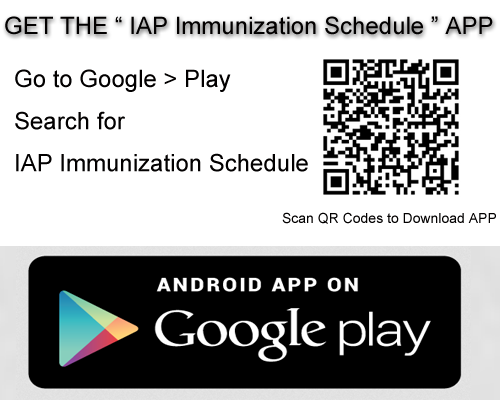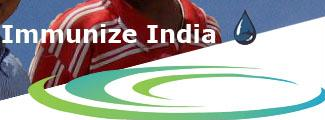Haemophilus influenzae type b vaccine prevents meningitis (an infection of the covering of the brain and spinal cord), pneumonia (lung infection), epiglottitis (a severe throat infection), and other serious infections caused by a type of bacteria called Haemophilus influenzae type b. It is recommended for all children under 5 years old in the US, and it is usually given to infants starting at 2 months old. The Hib vaccine can be combined with other vaccines. Some brands of vaccine contain Hib along with other vaccines in a single shot. Hib vaccine can safely be combined with other vaccines to make these combination vaccines.
Why should my child get the Hib vaccine?
The Hib vaccine:
- Protects your child from Hib disease, which can cause lifelong disability and be deadly
- Protects your child from the most common type of Hib disease, meningitis (an infection of the covering of the brain and spinal cord)
- Keeps your child from missing school or childcare (and keeps you from missing work to care for your sick child)
Is it safe?
The Hib vaccine is very safe, and it is effective at preventing Hib disease. Vaccines, like any medicine, can have side effects. Most children who get the Hib shot have no side effects.
What are the side effects?
The most common side effects are usually mild and last 2 or 3 days. They include the following:
- Redness, swelling, and warmth where the child got the shot
- Fever
What is Hib disease?
Hib disease is a serious illness caused by the bacteria Haemophilus influenzae type b. Babies and children younger than 5 years old are most at risk for Hib disease. It can cause lifelong disability and be deadly.
What are the symptoms of Hib disease?
Hib disease causes different symptoms depending on which part of the body it affects.
The most common type of Hib disease is meningitis. This is an infection of the covering of the brain and spinal cord. It causes the following:
- Fever and headache
- Confusion
- Stiff neck
- Pain from bright lights
- Poor eating and drinking, low alertness, and vomiting (in babies)
Hib disease can also cause the following:
- Throat swelling that makes it hard to breathe
- Joint infection
- Skin infection
- Pneumonia (lung infection)
- Bone infection
How serious is it?
Hib disease is very serious. Most children with Hib disease need care in the hospital. Even with treatment, as many as 1 out of 20 children with Hib meningitis dies. As many as 1 out of 5 children who survive Hib meningitis will have brain damage or become deaf.
How does Hib spread?
Hib spreads when an infected person coughs or sneezes. Usually, the Hib bacteria stay in a person’s nose and throat and do not cause illness. But if the bacteria spread into the lungs or blood, the person will get very sick. Spread of Hib is common among family members and in childcare centers.
What is the schedule of Hib vaccines in India?
The vaccination schedule for Hib consists of three doses when initiated below 6 months, 2 doses between 6-12 months and 1 dose between 12-15 months, with a booster at 16-18 months. For children aged more than 15 months a single dose may suffice. The interval between two doses should be at least 4 weeks. As Hib disease is essentially confined to infants and young children, catch up vaccination is not recommended for healthy children above 5 years. However, the vaccine should be administered to all individuals with functional/ anatomic hyposplenia irrespective of age. Hib vaccines are now used mostly as combination vaccines with DTwP/ DTaP/Hep B/ IPV.
Sources:
- Hib Disease and the Vaccine (Shot) to Prevent It. Available from: www.cdc.gov
- IAP Guidebook on Immunization 2013-14. Available from: www.iapindia.org
Last Updated : 10/01/2020
© Copyright 2015, All Rights Reserved by ACVIP. Powered by: ITindustries.com







